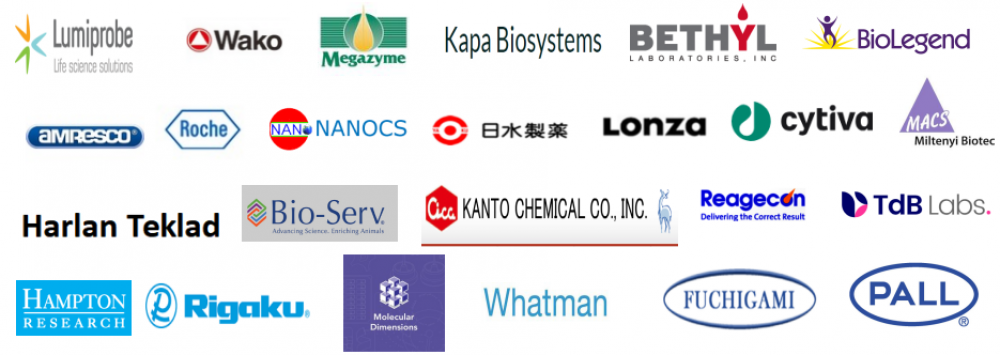描述
Features and Benefits
Disposable Membrane Chromatography units are designed for the rapid selection of appropriate chemistry and method development. The Mustang membrane chromatography starter kit includes both strong anion and cation exchange membrane chromatography Acrodisc units, as well as specific endotoxin removal Acrodisc units. These allow both the rapid selection of the appropriate chemistry for your application, and the opportunity to quickly screen for optimal process parameters to enhance and simplify your process method development.
Starter Kit Contents
Mustang Q Membrane is a strong anion exchanger that effectively binds plasmid DNA, negatively-charged proteins, and viral particles. Typical binding capacities for Acrodisc units with Mustang Q membranes are:
DNA: 3.6 – 4.5 mg/Acrodisc or 20 – 25 mg/mL membrane volume
BSA: 9 – 11 mg/Acrodisc or 50 – 60 mg/mL membrane volume
Mustang SMembrane is a strong cation exchanger that effectively binds positively-charged proteins and viral particles. Typical binding capacities for Acrodisc units with Mustang S membranes are:
Lysozyme 8 – 9 mg/Acrodisc or 45 – 50 mg/mL membrane volume
Mustang E Membrane membranefeatures propriety membrane surface modifications to effectively remove endotoxin from water, saline and buffer solutions.Typical binding capacities for Mustang E membranes are:
Approximately 500,000 EU/Acrodisc unit or approximately 4 x 106 EU/mL membrane volume
Under the following conditions:
0.9% sodium chloride
Minimum challenge level: 10,000 EU/mL
Minimum challenge volume: 60 mL
Endotoxin source: Escherichia coli train 055:B5 (no dispersing agents).
应用
The rapid identification of the correct membrane chemistry for a specific application
Rapid screening of key process parameters
规格
Materials of Construction
Media
Mustang membrane of appropriate chemistry
Housing
Polypropylene
Membrane Bed Volume
Mustang S and Q Membrane
0.18 mL
Mustang E Membrane
0.12 mL
Connections
Inlet
Female Luer-Lok*
Outlet
Male Slip Luer
*Luer-Lok is trademark of Becton-Dickenson & Co.
Operating Pressures
Typical Differential Pressure
< 0.07 bard @ 1 mL/min (< 1.0 psid @ 1 mL/min) Maximum Operating Pressure and Temperature 5.5 bar (80 psi) at 21 – 24 oC 2.1 bar (30 psi) at 60 °C
